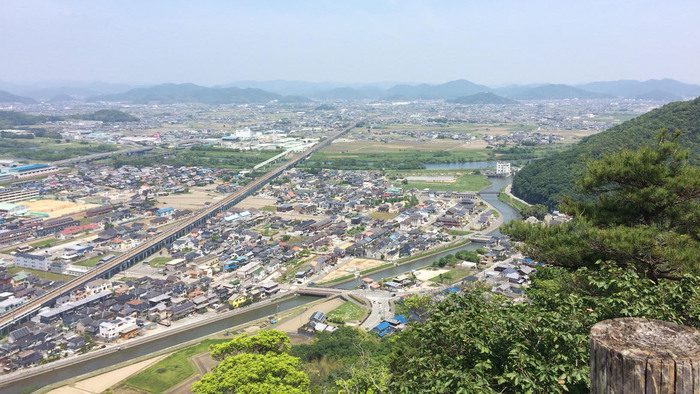Earlier this year, I made the difficult but correct decision to leave my main job in Tokyo and move with my family to a city just outside Himeji in Hyogo Prefecture.
When I tell people about my decision, they usually react in one of two ways:
They stutter and are not really sure of what to say. While remaining polite, their eyes suggest they are thinking “Are you mad?” Then they recover their composure and ask me what job I do.
Or they smile and say, “Wow, that’s great!” And then they ask me what job I’m doing.
With the birth of our third child, I took paternity leave and with my wife, we had time to reflect on my career and life so far, and on the future of our children.
We had bought a house in Hyogo last year, which we were planning to renovate each year as a long-term project during vacation time before eventually retiring early “someday” in the future.
Attending GLOBIS
At the same time, since before attending GLOBIS as a student, I had wanted to “someday” start my own business. But just as I mentioned in my valedictorian speech to the GLOBIS PT-MBA Graduating Class of 2014, I had always been putting it off out of fear of failure.
Having time to reflect, and having the looming reality that—sooner rather than later—with a family of five, we were going to outgrow our rented house near Haneda Airport and would have to move anyway, we decided that the time was right to do it now.
And so I left my job and we made our move. I have always been more at home in the countryside. My hometown has a 50,000 population, and I lived in Iwate for seven years before I went to live in Tokyo. Just because I made a big change in my life does not mean that I lost my ambition to create and innovate societies. In fact, my drive is stronger than ever.
Starting off on my own
While I still travel to Tokyo to teach Marketing and Strategy on the GLOBIS PT-MBA, I finally started my own business. Currently, I am a ‘solopreneur’ helping small and medium-sized Japanese companies that don’t have their own internal multilingual capability or experience overseas to market their products and find sales channels. This can be something as simple as building a website in English, or helping them deal with overseas partners. Of course I hope to grow the company and eventually employ staff. It’s hard work creating business out of nothing. You have to sell a future that doesn’t yet exist. But as a lot of it is online, location is not so important, especially for my target market of SMEs. So far, among others, through connections I have helped a yeast extract company and a famous rice brand. On the more local level, I am hoping to help some of the companies near where I live to sell more soy sauce, soumen and dried noodles, and leather in more markets overseas. The food companies I have met so far are really concerned about regulation, particularly around food additives; and how the TPP is going to affect them in the coming years. Other companies say that they want to export but don’t know where to start or how to find the right sales channel. Of course, they could work with trading companies but they don’t want to be just a small part of a long list of products. And now, with more robust ways of reaching a market, especially B-to-C markets online, more and more small companies are thinking about how to expand overseas.
The time is right. Japan is still one of the strongest players on the world stage, but its role is dwindling. The population and economy of Japan is declining, and there is no evidence of a recovery in sight. And with all this, there is an ongoing exodus away from the countryside into Tokyo, mostly by people below the age of 24 who feel their world is too restricted in a small town. Even Osaka and Nagoya area populations are in decline. The Japan Policy Council predicts that the population of women aged 20-39 will decline by more than half between 2010 and 2040 in 869 municipalities around Japan.
My goal is big: I want to redress the population drain away from rural Japan and help companies to create jobs that are exciting for productive people who want to contribute to society, bringing vitality back to the rural economy. I believe there is a way to extend Japan’s product life cycle by focusing on the best of what Japan has to offer.



